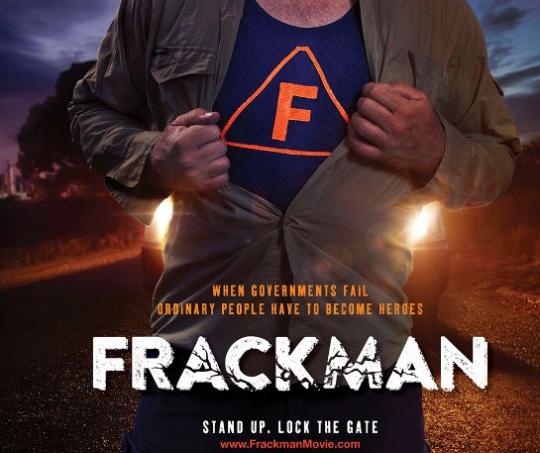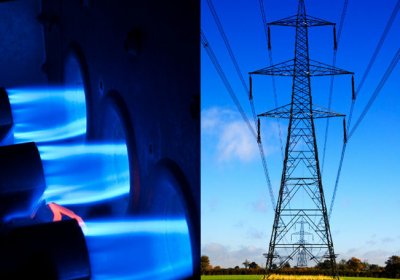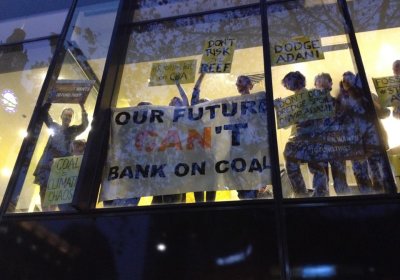A Greens Bill to protect NSW from the invasive coal seam gas industry failed in the Legislative Council by just three votes — 16 to 19 — on August 13.
The Liberal National Coalition and Shooters and Fishers Party voted to protect the unconventional gas industry, while repeating the lie that it could co-exist with agriculture and pristine water catchments.
Gas
Activists are hoping that a bill to tighten the rules governing unconventional gas exploration and production in New South Wales will pass the Legislative Council on August 13.
Such is the groundswell of opposition to this part of the fossil fuel industry, a Greens Bill has support from NSW Labor and a couple of small right-wing parties.
Greens MP Jeremy Buckingham told Green Left Weekly that he expects the Bill to pass, with amendments proposed by Labor.
Opposition to Shenhua Watermark’s unpopular $1.2 billion open-cut coal mine, proposed for the Liverpool Plains in the north-west of NSW, is growing. The Coalition cabinet is split, as are NSW and federal National Party MPs.
Federal agriculture minister Barnaby Joyce, who is fighting to hold his New England seat, opposes the mine. His cabinet colleague, federal environment minister Greg Hunt, signed the mine’s approval on July 4.
Geelong Trades Hall election wins for Socialist Alliance members
Geelong Trades Hall Secretary Tim Gooden was re-elected for another five-year term at the Trades and Labour Council meeting on July 7. Gooden, a member of the Socialist Alliance, was re-elected unopposed.
Socialist Alliance member Jacki Kriz, from the Australian Nursing and Midwifery Association, was elected President.
 Activists have welcomed the announcement on July 6 that the NSW Coalition government has decided to buy back a coal seam gas (CSG) petroleum exploration licence from AGL that covers Sydney’s water catchment.
“It is a big win,” said Jess Moore, spokesperson for Stop CSG Illawarra. The anti-CSG group, with significant community involvement, has been campaigning for four years to protect the water catchment.
Activists have welcomed the announcement on July 6 that the NSW Coalition government has decided to buy back a coal seam gas (CSG) petroleum exploration licence from AGL that covers Sydney’s water catchment.
“It is a big win,” said Jess Moore, spokesperson for Stop CSG Illawarra. The anti-CSG group, with significant community involvement, has been campaigning for four years to protect the water catchment.
 Frackman
Directed by Richard Todd
http://frackmanthemovie.com
Frackman is a new documentary that follows the story of self-proclaimed “worst environmental activist ever” Dayne Pratzky, a resident of the Tara Estates, Chinchilla, in Queensland.
Frackman
Directed by Richard Todd
http://frackmanthemovie.com
Frackman is a new documentary that follows the story of self-proclaimed “worst environmental activist ever” Dayne Pratzky, a resident of the Tara Estates, Chinchilla, in Queensland.
Exorbitant gas and electricity bills are threatening Victorian living standards.
The Essential Services Commission (ESC) of Victoria reported that more than 34,000 households were disconnected from essential utilities in 2013/14.
The residential electricity disconnection rate increased this year to 1.47 disconnections per 100 customers, a 36% increase on the 1.07 disconnections in 2012/13.
The ESC also reported an increase in the gas disconnection rate to 1.33 disconnections per 100 customers, a 42% increase on the rate in 2012/13.
 The township of Camberwell in the Hunter Valley and Camberwell coalmine in the background.
Early this month, Beyond Zero Emissions published a report called Fossil Economy, which highlighted the potential economic risks to Australia because of its heavy dependence on fossil fuel exports.
The township of Camberwell in the Hunter Valley and Camberwell coalmine in the background.
Early this month, Beyond Zero Emissions published a report called Fossil Economy, which highlighted the potential economic risks to Australia because of its heavy dependence on fossil fuel exports.
More than 250 farmers and their city cousins rallied at Queensland Parliament House on May 21 calling for an end to unconventional gas production and coal mining.
The rally was organised by Lock the Gate (Queensland). Farmers from the Bentley Blockade and Northern Rivers in NSW travelled to Brisbane for the rally.
In its latest federal budget, the Tony Abbott Liberal-National government announced the setting up of a $5 billion “concessional loan facility” called the Northern Australia Infrastructure Facility. The proposal has been condemned by environmental and Aboriginal rights groups.
Residents of Bentley, near Lismore in the NSW Northern Rivers district, have vowed to continue their fight against coal seam gas (CSG) mining following the Supreme Court’s “technical” decision to overturn the government’s suspension of Metgasco’s gas drilling licence.
A new report on unconventional gas development from the federal Department of Industry and Science has been released.
Its stated aim is “to ensure the responsible development of coal seam, shale and tight gas resources for the benefit of Australians and position Australia to remain an energy superpower”.
In order to achieve this, the report notes at the outset that state governments, and Indigenous landowners will need to be dealt with – though the report uses prettier words.
- Previous page
- Page 15
- Next page








